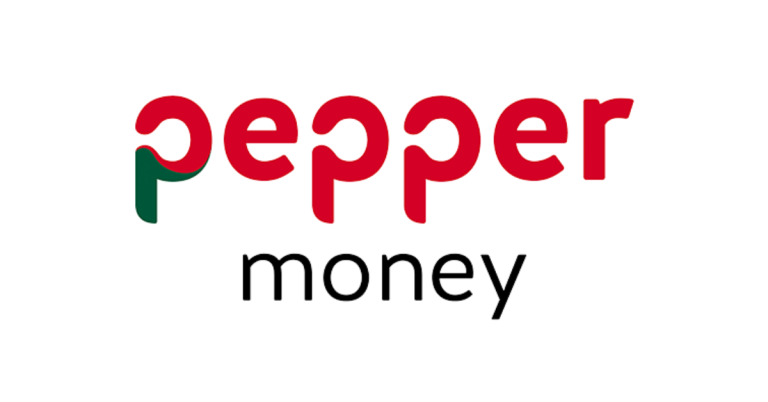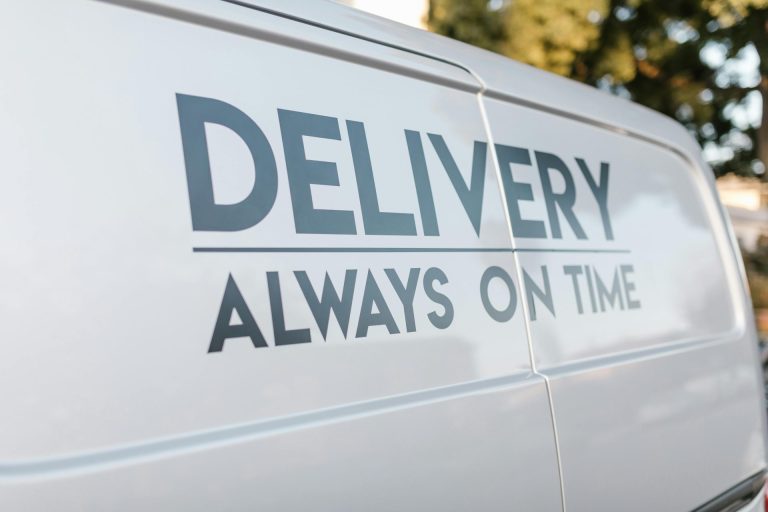Feeling stuck while writing essays and not sure how to start or organize your ideas properly?
You’re not alone. Many students face this issue, especially when there’s a deadline and the brain just doesn’t want to cooperate.
But there’s a smarter way to approach essay writing now, and yes, it includes using AI tools the right way. These tools are not here to do the whole work for you but to guide you at every step so your essay comes out clear, clean, and nicely structured.
Let’s look at how you can use AI to make your essay writing process easier and more sorted without overthinking.
Why Does Essay Structure Matter So Much?
The way your essay is structured makes a big difference. If your ideas are scattered or hard to follow, the reader won’t understand what you’re trying to say.
A proper structure helps you organize your points step by step. It also makes sure you don’t miss anything important and helps the teacher or reader see that your thoughts are in order.
Just like how we plan a trip by first checking the route and packing what’s needed, essay writing needs a plan too. A well-structured essay saves time, reduces confusion, and keeps you focused.
Common Problems Students Face While Writing Essays
Many students feel writing essays is tough, not because they don’t know the topic, but because they don’t know how to express it in a proper flow.
Some common issues include:
- Not knowing how to begin
- Mixing up ideas without any clear order
- Writing too much or too little
- Getting stuck in the middle
- Grammar mistakes
- Lack of confidence in editing
And let’s be honest, sometimes we also worry if the teacher will find the writing too simple or if it sounds like it was copied. That’s why using tools like an ai detector essay can help check how your writing sounds and feels before you submit it.
How AI Tools Can Help at Every Step
AI writing tools are getting smarter, and they can now support you in every part of the essay writing process. Let’s break it down stage by stage.
1. Choosing and Understanding the Topic
The first step is knowing what you’re writing about. If you feel stuck with the topic or need help deciding how to approach it, AI tools can suggest different angles to write from.
For example, if your topic is “The Importance of Healthy Eating,” AI can suggest sub-points like diet planning, benefits for students, or long-term health impact.
2. Making a Basic Outline
This is where AI helps you sort your thoughts. Many tools allow you to enter your topic, and they give you a basic 3-5 5-point outline. For instance:
- Introduction (why it matters)
- Body Paragraph 1 (main point with example)
- Body Paragraph 2 (another point with a fact)
- Body Paragraph 3 (extra detail or angle)
- Conclusion (wrap-up idea)
3. Writing the First Draft
Once you have the outline, you can either start writing manually or ask AI to give you a base draft. This isn’t the final version, but it gives you something to start with. From there, you can add your examples or change the tone to sound more like your voice.
Also, AI can help you avoid writing the same sentence in five different ways. It suggests better words, gives alternatives, and shows where you might be repeating.
4. Editing and Fixing Grammar
One of the best features of many AI tools is grammar correction. These tools fix small things like tenses, punctuation, and sentence flow. You don’t have to keep second-guessing whether a sentence sounds right.
Some tools even highlight complex sentences and suggest shorter, clearer ones, which is helpful when your paragraph feels too heavy or long.
Small Tips While Using AI for Essays
Using AI tools for essay writing is a smart way to save time and organize your thoughts. But to get the best results, you need to know how to use them the right way. These small tips will help you keep your writing natural, personal, and correct while using AI as support.
Keep Your Voice
Always read what the AI suggests and make sure it sounds like something you would say. Don’t copy everything word for word.
Change the sentences in a way that matches your usual writing style. Teachers can tell when the tone feels too different from your normal work. So keep it natural and simple.
Add Your Examples
Try to include examples from your own school life or surroundings.
For example, if the topic is pollution, you can write about the traffic near your home or school. These personal touches show that you understand the topic well and make your writing more real.
Don’t Overuse Fancy Words
AI sometimes gives long or uncommon words to replace simple ones.
If it’s a word you don’t usually use in class or while talking, it’s better to avoid it. Stick to words that feel normal and clear. That way, your essay stays easy to read.
Always Re-read Before Submitting
Even if AI checks your grammar, always read your essay once before submitting.
You might find small things that need fixing or a sentence that can sound better. A final read helps you catch anything that the tool might have missed and makes your work feel complete.
A Quick Example
Let’s say your topic is “Online Learning for Students.” You go to your AI tool and type this in. It gives you:
- Intro: What online learning is
- Point 1: Flexibility of time and place
- Point 2: Use of recorded classes
- Point 3: Students learning at their own pace
- Conclusion: Online learning has become part of modern education
Now, you can write your explanation under each point. Add a small story like how your class did online tests last year, and what you learned. That’s your essay, and you didn’t stress about structure even once!
Final Thought
Using AI for essay writing is not about replacing your effort; it’s about making your effort smoother and more effective. When you use these tools properly, they help you write faster, fix small mistakes, and build confidence in your writing skills. Just remember to always check your final version and make sure it sounds like you. The structure, the flow, and your thinking make your essay stand out.












 Bitcoin
Bitcoin  Ethereum
Ethereum  Tether
Tether  XRP
XRP  USDC
USDC  Lido Staked Ether
Lido Staked Ether  TRON
TRON  Cardano
Cardano  Avalanche
Avalanche  Toncoin
Toncoin  Solana
Solana